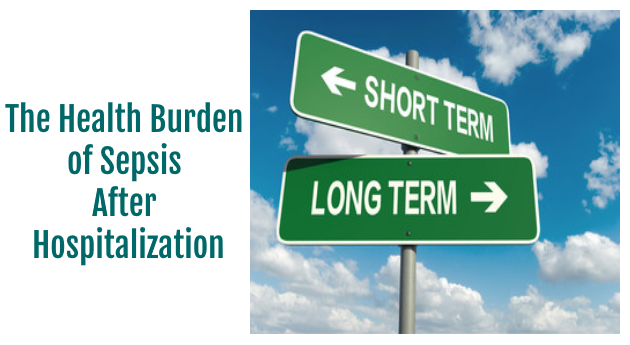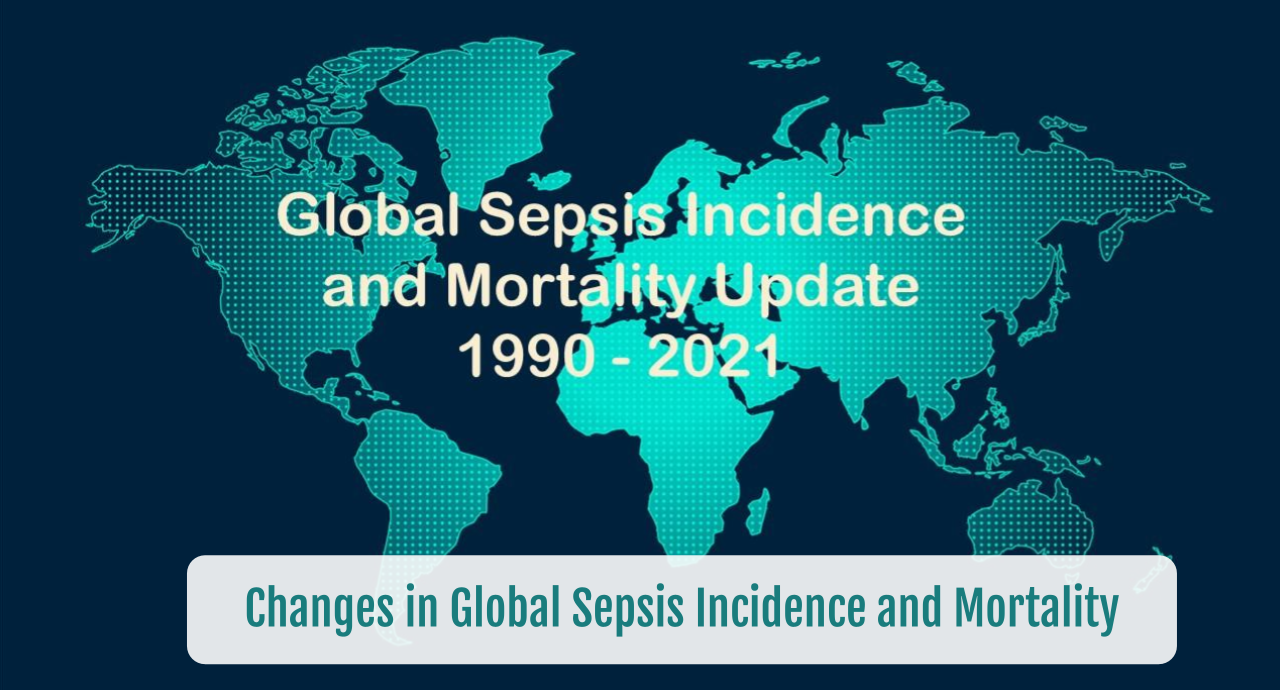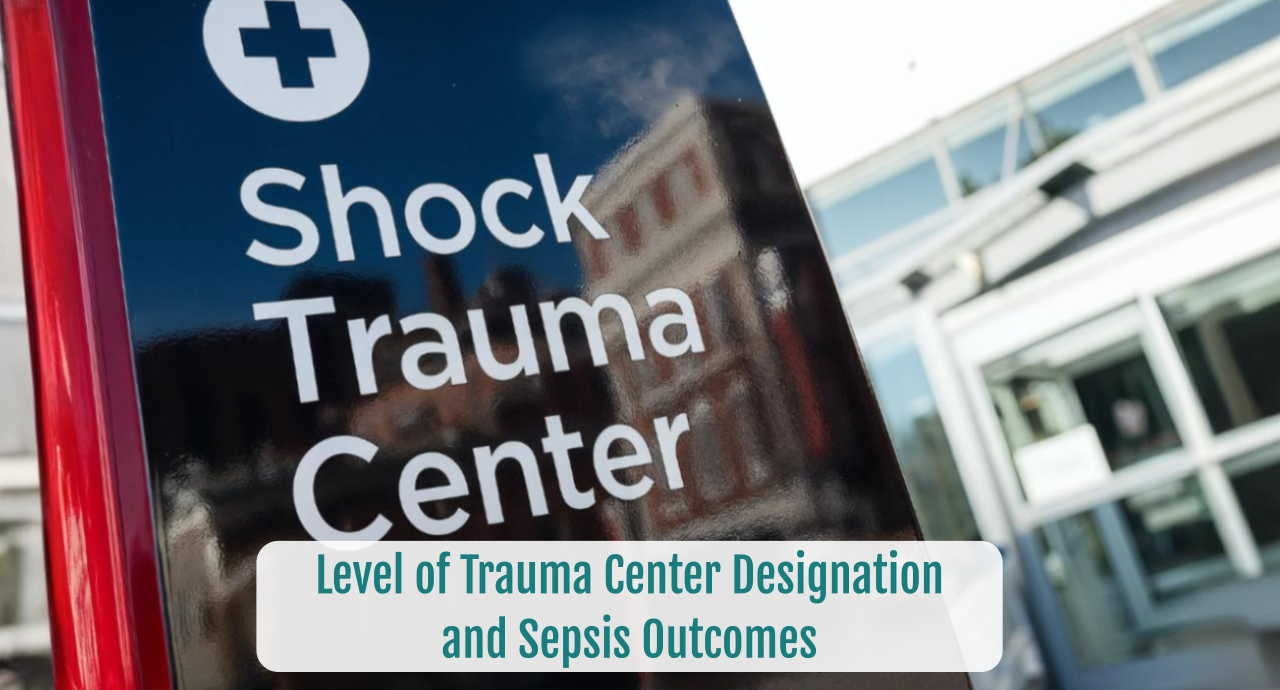The Health Burden of Sepsis After Hospitalization
SUMMARY
- A number of health complications are known to develop after an episode of sepsis referred to as the “Post-Sepsis Syndrome”
- There is inconclusive data if the syndrome is attributable to the sepsis episode or pre-existing co-morbidities.
- Increased risk of mortality, readmission, length of stay, cost of care, cognitive impairment and cardiovascular events have all been included in the Post-Sepsis Syndrome.
BACKGROUND
The risk factors for the systemic inflammatory response, the immune response and organ dysfunction associated with sepsis are not completely understood.
In addition to the short term morbidity and mortality these risk factors may impact, they may also influence the development of a number of long term health complications post-sepsis referred to as “Post-Sepsis Syndrome”.
There is a growing body of literature evaluating the various late complications associated with the Post-Sepsis Syndrome. Due to this limited amount of data coupled with study design, we can only make inferences about a causal link and magnitude between sepsis and post-acute morbidity and mortality.
REVIEW
Summary of the limited existing observational studies provide a glimpse into long term:
- Mortality
- Readmission
- Length of stay
- Cost of care
- Cognitive impairment
- Cardiovascular complications
- Quality of Life post sepsis
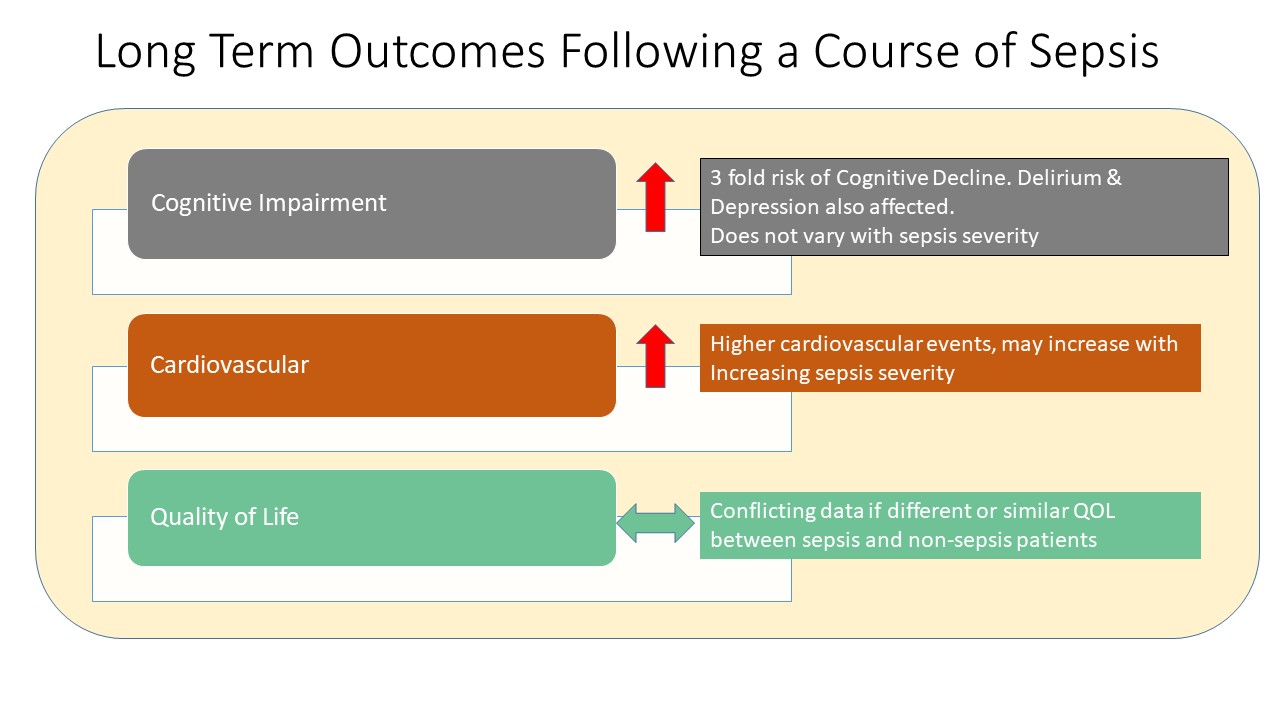
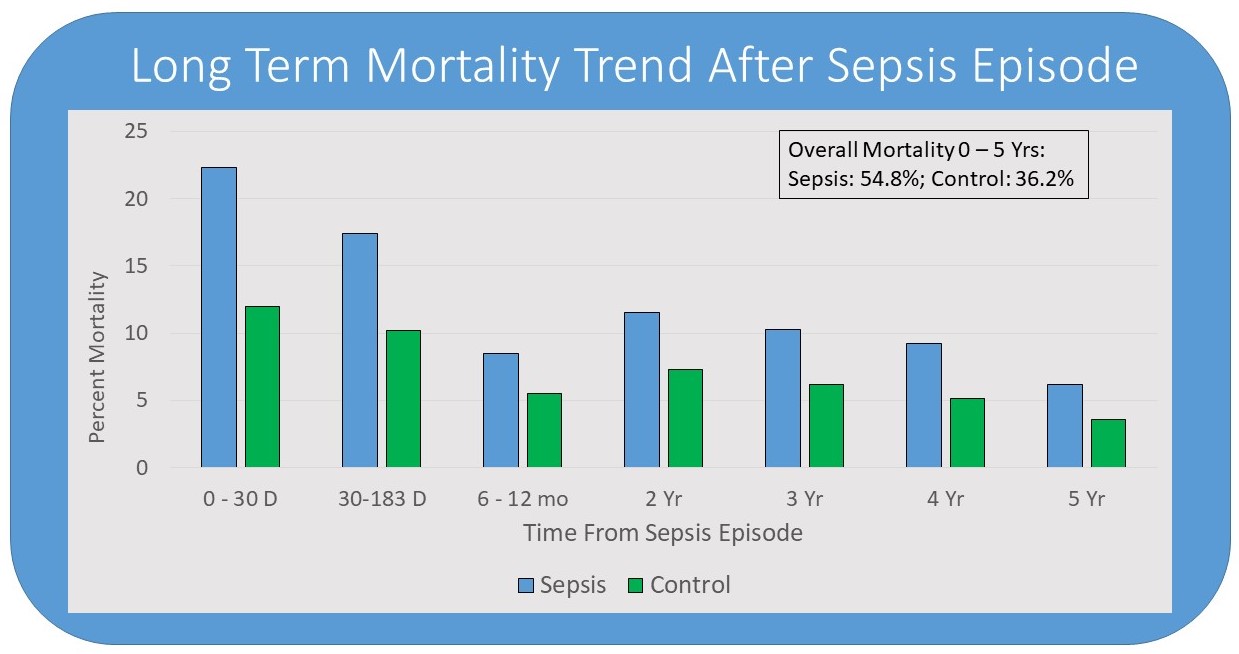
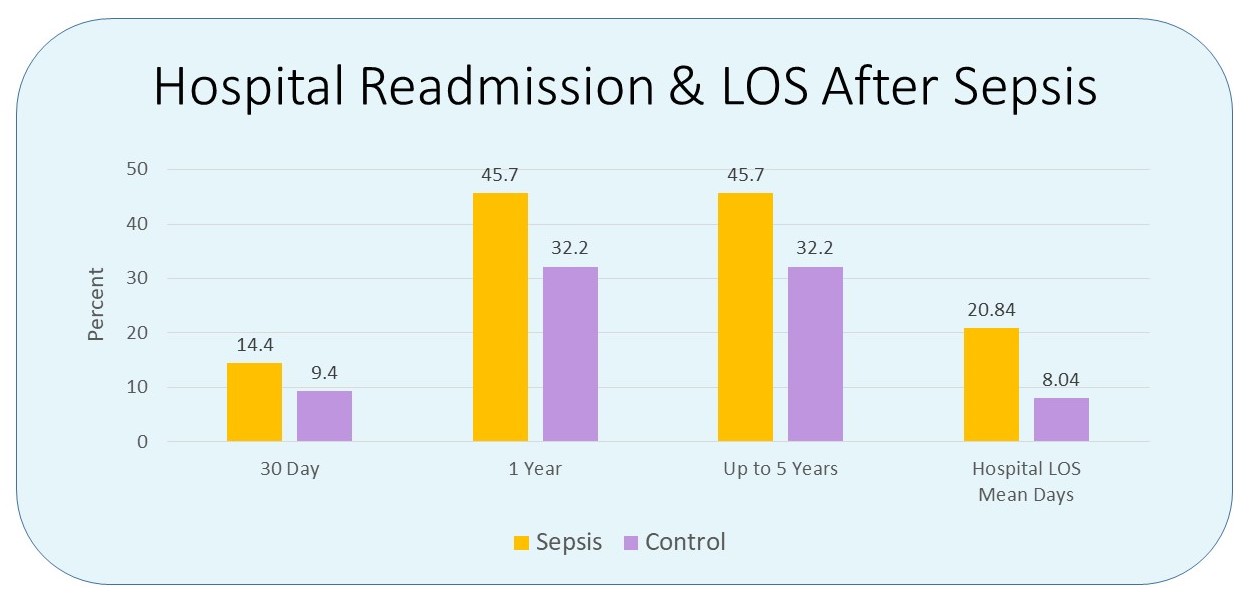
CONCLUSIONS
- Sepsis survivors appear to experience higher morbidity and mortality up to 5 years after the initial sepsis episode.
- The reasons behind these findings remain controversial:
- Older age and poorer health are associated with increased risk of sepsis.
- Do these factors also contribute to the poorer outcomes which put patients at risk for sepsis to begin with?
- Or, does the sepsis episode cause an unknown physiologic derangement which increases the risk of long-term morbidity and mortality after the initial sepsis episode?
- Ongoing questions include:
- How long after the initials sepsis episode do these risks remain elevated
- Are certain groups of patients at greater risk for increased morbidity or mortality?
- Can the predisposing risk factors be identified and mitigated for long term improvement?
Contact me for the complete reference list and to learn more about Sepsis treatment approaches.
To receive articles like these in your Inbox, you can subscribe to Sepsis Program Optimization Insights.
Erkan Hassan is the Co-Founder & Chief Clinical Officer of Sepsis Program Optimization where he designs & oversees the implementation of solutions to optimize sepsis programs.
To discuss your organization’s Barriers of Effective Sepsis Care, contact Erkan by phone (844) 4SEPSIS (844-473-7747), email (erkan@spo.icu), or video chat.

